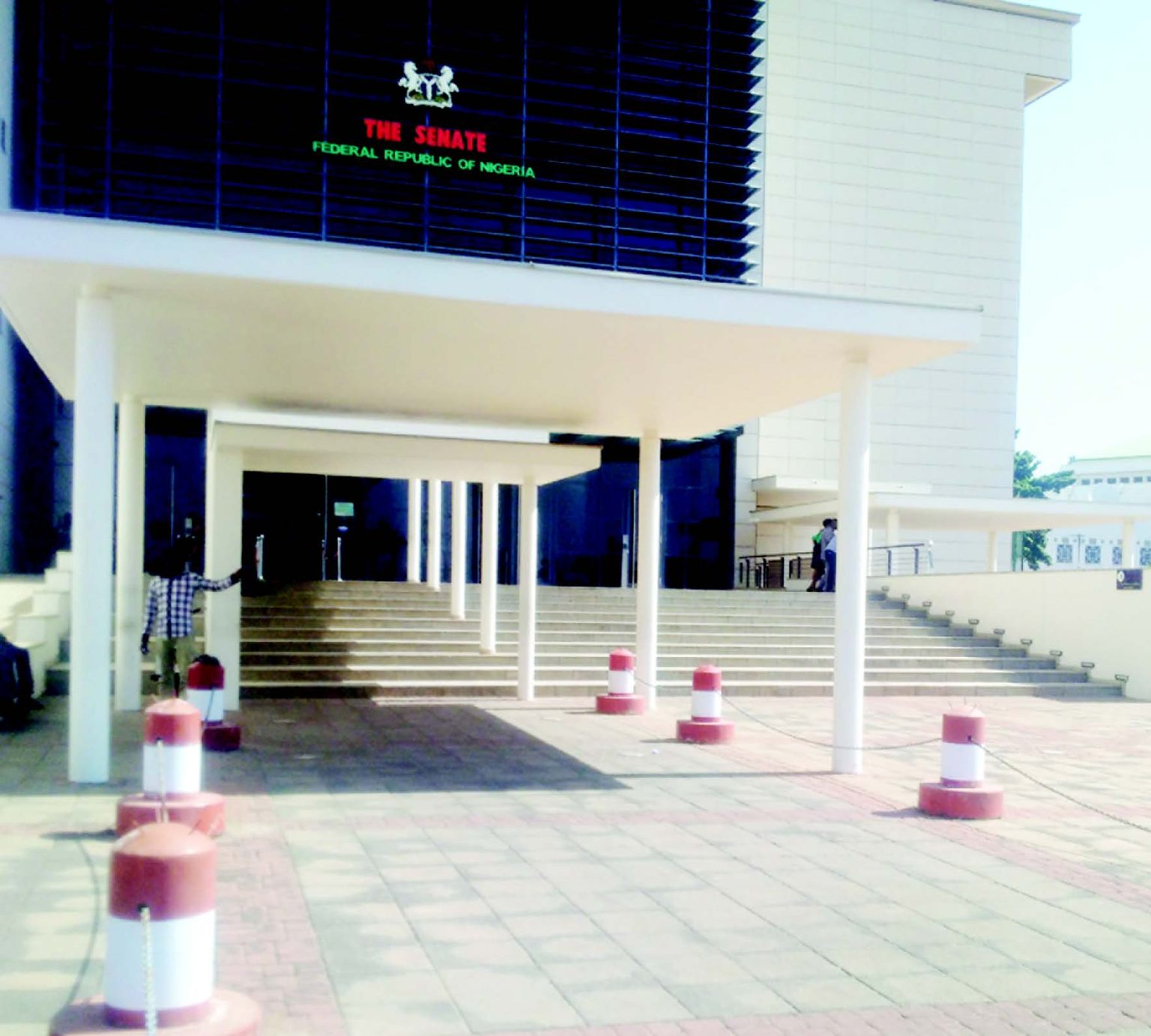The Contributory Pension Scheme (CPS) in Nigeria is facing a potential shift as workers of the National Assembly Service Commission (NASC) advocate for their re-enrolment, just two years after legislation excluded them from the scheme. This call for reinstatement emerged during a stakeholder engagement session focused on reviewing the Pension Reform Act (PRA) of 2014, organized by the House of Representatives Committee on Pensions. The NASC, through its Clerk, Kamoru Ogunlana, formally expressed its desire to rejoin the CPS, despite the establishment of a dedicated pension board for its staff. This represents a reversal of the prior decision to create a separate pension framework for Assembly staff, as enacted by the National Assembly Service Pensions Board (Establishment) Act of April 2023. While this new law, designed to exempt Assembly staff from the PRA 2014, is yet to be implemented, the NASC’s renewed interest in the CPS signals a potential reconsideration of this separate pension arrangement.
The review of the PRA 2014 has been deemed necessary to address evolving challenges and align the legislation with current realities. Hussaini Jalo, Chairman of the House Committee on Pensions, emphasized the importance of stakeholder input in identifying specific areas requiring amendment. The stakeholder engagement session brought together key players in the pension landscape, including representatives from the National Pension Commission (PenCom), the Pension Transitional Arrangement Directorate (PTAD), employer and employee organizations, and pension operators. This collaborative approach underscores the commitment to ensuring a comprehensive and well-informed review process.
PenCom, the regulatory body for the pension industry, expressed its support for the proposed review and recommended revisiting the resolutions reached during previous stakeholder consultations. The Commission particularly advocated for amendments to specific sections of the PRA 2014 to enhance retirement benefits and lump-sum payouts. PenCom’s pledge to work closely with both the House and Senate Committees further emphasizes its dedication to a smooth and effective amendment process. This commitment aligns with the broader objective of strengthening the pension system and securing the financial future of Nigerian workers.
Amidst calls for reform, a cautionary note was sounded by Oluwole Oke, a member of the House Committee on Pensions, who emphasized the need for a deliberate and thoughtful approach to amendments. He stressed the importance of reinforcing PenCom’s regulatory authority to ensure the stability and integrity of the pension system. This cautious approach reflects a recognition of the potential risks associated with hasty changes to a critical social security framework. The National Assembly’s stated commitment to securing the future of Nigerian workers underscores the importance of carefully considered reforms.
PTAD, the agency responsible for managing the pensions of retirees under the old defined benefit scheme, sought formal recognition as a legal corporate entity within the revised law. Tolulope Odunaiya, PTAD’s Executive Secretary, argued that this formal recognition would enhance its operational efficiency and effectiveness. This request highlights the need for clear legal frameworks to support the smooth functioning of various entities within the pension ecosystem. Ensuring the operational effectiveness of these entities is crucial for the timely and accurate disbursement of pension benefits to retirees.
Oguche Agudah, CEO of the Pension Fund Operators Association of Nigeria (PenOp), emphasized the urgency of reviewing the PRA 2014, citing its importance for the sustainability and wider coverage of the CPS. He highlighted the fact that only a small number of states have fully complied with the CPS, indicating the need for broader adoption and enforcement. Agudah underscored the critical role of the review in ensuring the independence of the regulator, PenCom, and promoting sustainable economic development through continued investments by pension operators. He also advocated for stricter adherence to approved platforms for pension remittances to enhance transparency and accountability within the pension sector. This focus on regulatory independence and transparency aligns with the overall objective of building a robust and trustworthy pension system.














